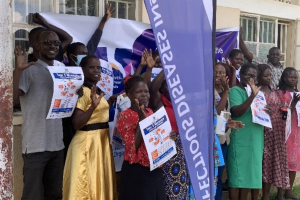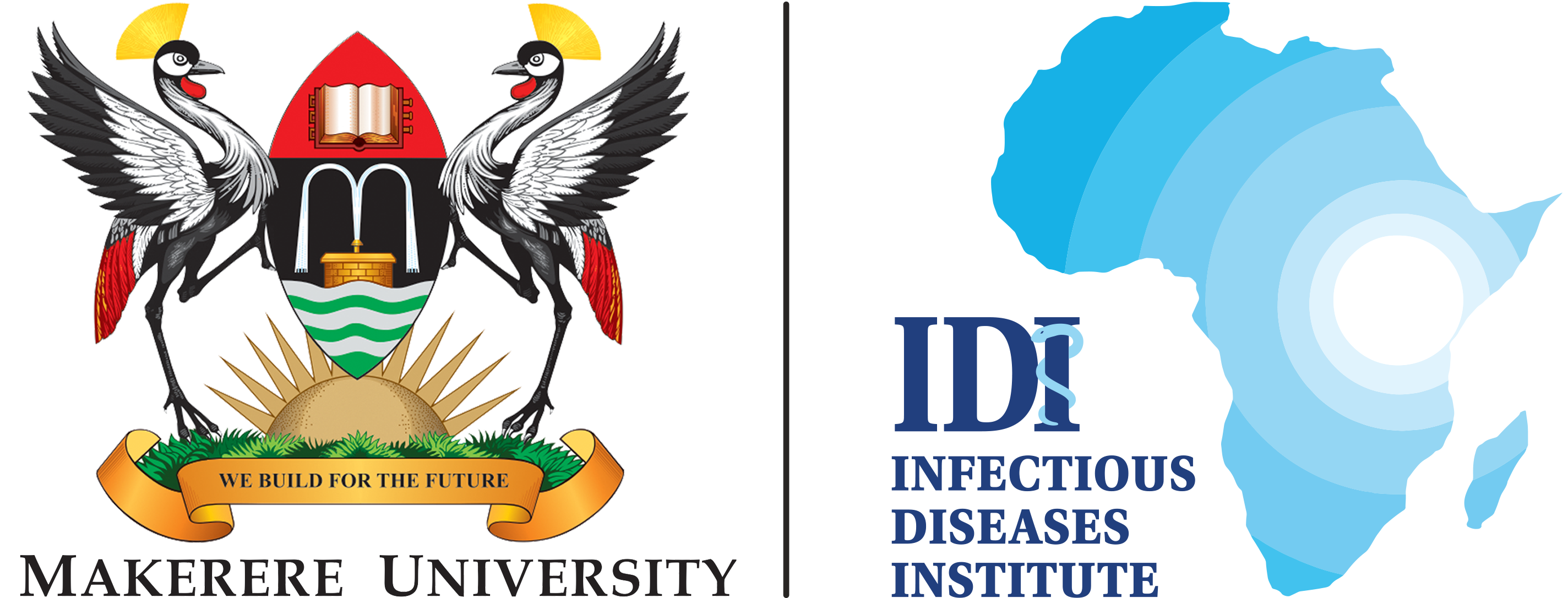- Associated Links
-
-
Our united network of partners and institutions share a vision for excellence, innovation, and impact. Together, we harness our combined strengths to create meaningful change.
-
-
- Careers
-
-
Our people are our greatest asset. We foster a thriving environment where everyone can flourish and make a difference. Join us in driving innovation and positive change through fulfilling career opportunities.
-
-
- Contact Us
-
-
As a leading national health organisation with regional influence, we are committed to improving healthcare in Africa. Connect with us to explore partnerships, discover our work, and together create a healthier future.
-
-

What We Do
World Hand Hygiene Day is a significant event, highlighting the crucial role of this seemingly simple yet powerful practice in safeguarding public health. Research estimates that routine handwashing could prevent 1 million deaths annually, underscoring its potential impact. (Curtis V, Camicross S)
This year, the Infectious Diseases Institute’s teams, including IPC, WASH, Prevention, Care and Treatment program, collaborated with the Ministry of Health, Kampala Capital City Authority and various partners in Uganda to celebrate and mark this important day.
The commemorative event took place at Kiswa HC IV, organized by KCCA with support from IDI and officiated by Dorothy Kisaka, the Executive Director, who emphasized the need for policymakers to invest in health, dignity, and support the adoption of handwashing with water and soap.
 The IPC teams also played a pivotal role in supporting the Ministry of Health by developing key hygiene messaging for public dissemination, organizing and facilitating a national IPC Webinar, and conducting facility-specific CMEs on hand hygiene promotion.
The IPC teams also played a pivotal role in supporting the Ministry of Health by developing key hygiene messaging for public dissemination, organizing and facilitating a national IPC Webinar, and conducting facility-specific CMEs on hand hygiene promotion.
These efforts aimed to strengthen and empower healthcare communities, foster collaboration, and minimize the risk of infections and antimicrobial resistance in healthcare settings.
The support provided by the IPC team, as part of the strengthening partnerships for the preparedness and response project, was made possible through funding from the US Center for Disease Control and Prevention.

